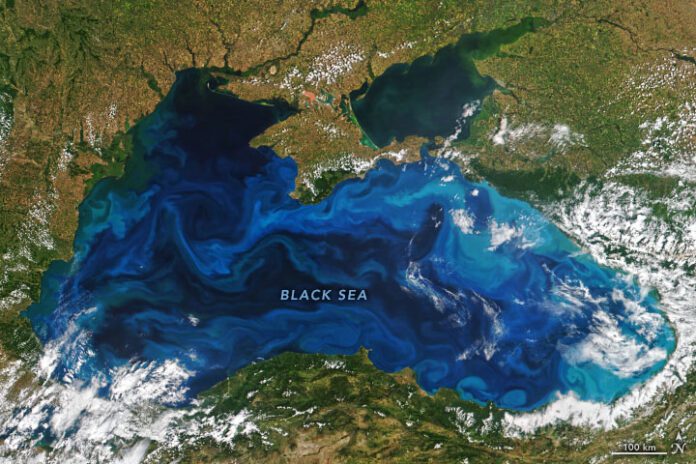
The Black Sea is a unique marine ecosystem rich in biodiversity. It provides a wide range of valuable resources and services to the countries that share its coastline, such as Ukraine, Turkey, Georgia, Romania, and Bulgaria.
The principles of the Blue Economy, which emphasize sustainable development, conservation, and efficient use of marine resources, can bring several benefits to these coastal countries.
Economic Growth – Implementing the Blue Economy principles can promote sustainable economic growth in the Black Sea region. It can support sectors such as tourism, fisheries, aquaculture, shipping, and renewable energy, which have the potential to contribute significantly to the economic development of coastal communities.
The Blue Economy can foster long-term economic prosperity by adopting sustainable practices and minimizing environmental degradation.
Conservation of Marine Resources – the Black Sea faces various environmental challenges, including overfishing, pollution, habitat destruction, and climate change. The principles of the Blue Economy emphasize the need for sustainable management and conservation of marine resources.
By implementing responsible fishing practices, protecting marine habitats, and reducing pollution, coastal countries can safeguard the Black Sea’s ecological integrity and ensure its resources’ availability for future generations.
Climate Resilience – the Blue Economy promotes climate resilience by advocating for measures to mitigate and adapt to the impacts of climate change. Coastal countries in the Black Sea region are vulnerable to the effects of climate change, such as sea level rise, extreme weather events, and ocean acidification.
By adopting sustainable coastal management practices, preserving coastal ecosystems, and promoting climate-smart strategies, the Blue Economy can enhance the resilience of coastal communities to climate change impacts.
International Cooperation – the Black Sea is a transboundary sea, and cooperation among coastal countries is crucial for addressing its challenges effectively.
The Blue Economy promotes international cooperation by encouraging collaborative approaches to marine governance, resource management, and conservation.
By working together, coastal countries can share knowledge, expertise, and resources and collectively address common issues related to the Black Sea’s sustainability.
In conclusion, implementing the principles of the Blue Economy in the Black Sea region can bring numerous benefits to coastal countries, including sustainable economic growth, conservation of marine resources, climate resilience, and international cooperation.
By adopting a holistic and sustainable approach to marine development, coastal countries can ensure the Black Sea’s and its communities’ long-term health and prosperity.
